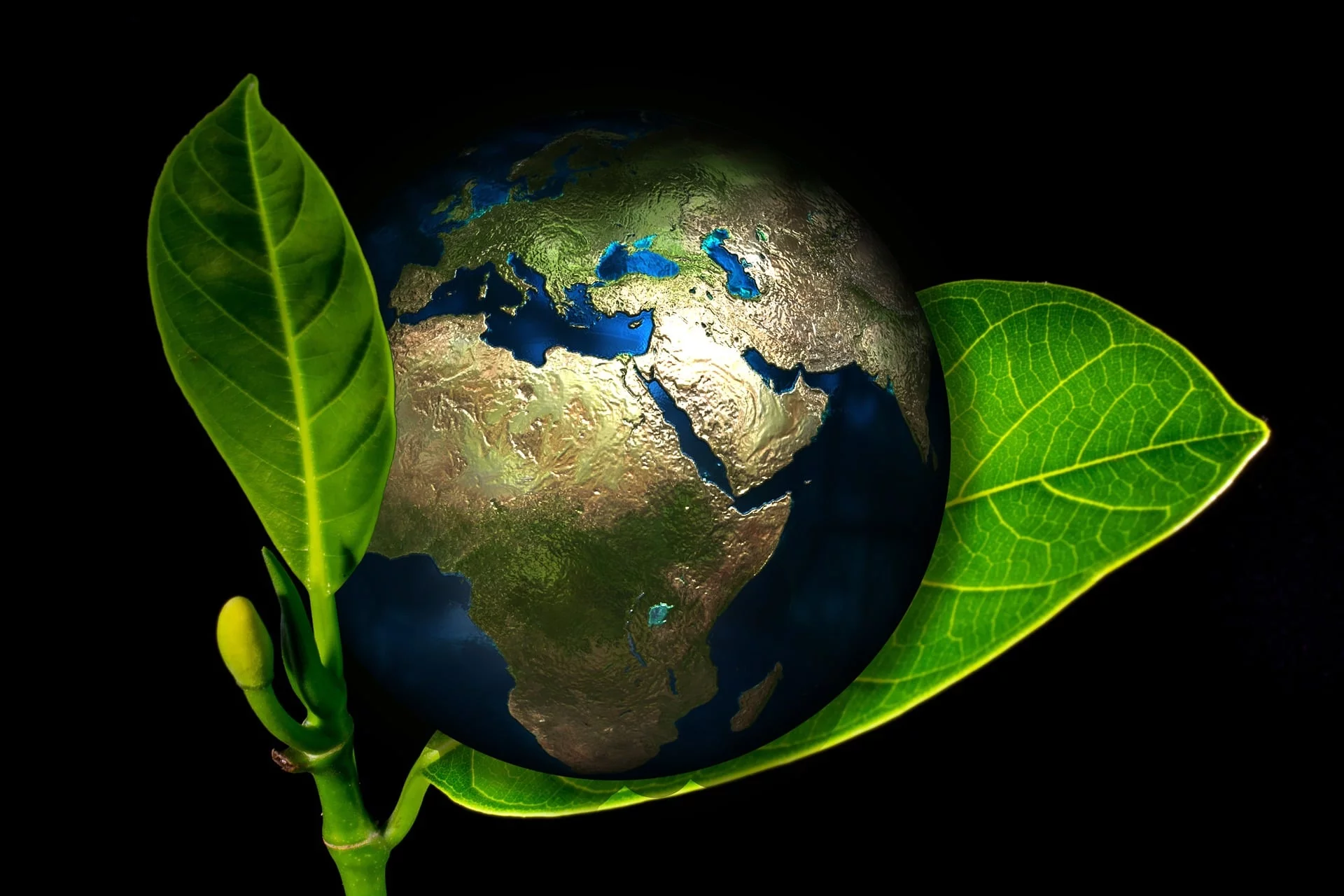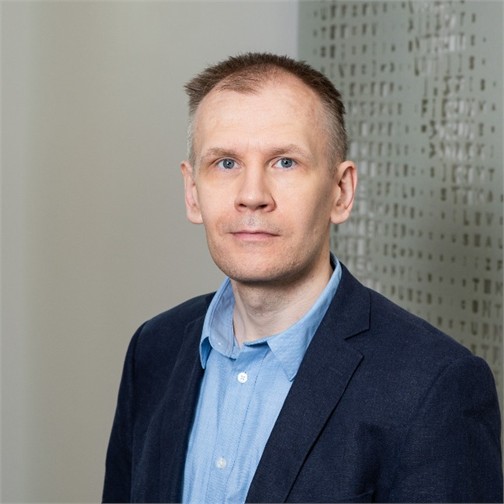
Bioeconomy 4.0 & Carbon 4.0

Project information
| Projects | BIOECONOMY 4.0 – Data driven knowledge creation and utilization in bio processes / to strenghten the strategic research profiles HAMK research units CARBON 4.0: Analysis and utilization of biological data in complex carbon ecosystems |
| Duration | 2019-2021 |
| Funder | Ministry of Education and Culture |
BIOECONOMY 4.0 and CARBON 4.0 projects combine the competences and research excellence of four research units, HAMK Bio, HAMK Smart, HAMK Tech, and HAMK Edu, around one cross-disciplinary research area, digitalized bioeconomy.
The BIOECONOMY 4.0 project focuses on the utilization of data analysis and interpretation in the value chains of food production. In this research area, the project uses the methods and tools of data analysis, IoT, and machine learning in analyzing, monitoring, and optimizing the production chains of e.g. dairy products, vertical farming, and algae growing.
CARBON 4.0 project develops digitalized measurements as well as IoT-based data collection, analysis, and interpretation in the context of carbon and nutrient dynamics. Specific application areas in the project are related to carbon and nutrient binding, both representing key development areas directly related to the climate change and the condition of surface waters.
#bioeconomy4.0 #carbon4.0
Partners
Project requires close involvement of external partners both from industry and academic world. Besides increasing competence at HAMK, collaboration with chosen partners from different areas of the production chain enables the real understanding and possibilities to improve the management of bio-processes by digitalization.
The following partners are involved:
Subprojects
Analyzing data gathered from different parts of the milk chain. At the beginning, the focus is on combining milking robot data with the cowshed condition data, and identifying different cause and effect relationships.
- Subproject Manager Ilpo Pölönen
ilpo.polonen@hamk.fi, +358 40 830 5984
Update of algae reactors and sensing. Enabling continuous education through data analysis. Development of kinetic growth models for simulation and optimization of algae farming.
- Subproject Manager Ulla Moilanen
- ulla.moilanen@hamk.fi,
+358 50 574 5192
Research trends in multilayer cultivation:
- Moisture sensor + organic substrates
- Fertilization recommendations for multilayer cultivation
- Producing value dividends
- Microfibres and plants
- Subproject Manager Marika Tossavainen
- marika.tossavainen@hamk.fi, +358 50 353 1201
Ecosystem analysis based on side flows of food industry in Kangasala region, Finland
- Subproject Manager Maritta Kymäläinen
- maritta.kymalainen@hamk.fi, +358 50 470 667
Even though composting has many known positive effects on different biomasses, it is the fact that from the recycling point of view, remarkable losses of nitrogen and carbon takes place in the process. It is known that biochar supply affects composting. In this project we investigate if biochar supply affects recycling of nutrients and carbon in cow manure.
- Subproject Manager Ilpo Pölönen,
- ilpo.polonen@hamk.fi, +358 40 830 5984
Manure nanofibrils
Rumination is known to modify plant based biomass in a way that facilitates release of fine cellulose nanofibrils and nanocrystals. We will study how cellulose exiting the digestive system of a cow can be turned into nanocellulose. We will study chemical methods for nanocellulose preparation, characterize the resulting materials and research their potential application areas.
- Päivi Laaksonen
- paivi.laaksonen@hamk.fi, +358 047 16 288
A biochar field experiment has been established in September 2019 at Mustiala Campus. The purpose of this field is to serve as a long-term experiment which can be utilized to investigate both agronomic and environmental influences of biochar amendments. Digital approaches including drones and soil sensors will be used to monitor the field.
- Subproject Manager: Jari Hyväluoma
The role of urban greenspaces in carbon balance builds on different implementation and management phases. These phases are different in public and private areas. This part of the project concentrates on public green spaces as different types of vegetation coverage and, on the other hand, as gardening practices in private plots as a way to support plant growth and increase carbon concentrations in the garden soils.
It would be tempting to concentrate on tree plantations to improve carbon sequestration in all urban greenspaces. However, the lawns provide multifunctional and essential areas for residents outdoor activities that area designed and constructed to tolerate compaction. Furthermore, lawns and meadows form one category of urban habitats supporting biodiversity of flora and fauna. How can urban vegetation (and its soils) better support carbon sequestration, multifunctionality and biodiversity at the same time?
- Subproject Manager Outi Tahvonen
- outi.tahvonen@hamk.fi, +358 40 351 9352
Biochar and its production can have a key role in circular economy and offer a sustainable option for water and waste management. At HAMK, the production of biochar from waste materials and residues, and the use of the produced biochars are studied in several projects. In this project, the focus is on the integration of biochar to biogas process, to enhance biogas production and improve nutrient recycling.
- Subproject Manager Maritta Kymäläinen
- maritta.kymalainen@hamk.fi, +358 50 470 667
Publications
The list of publications is complemented on this page as projects progress.
- Navetta 4.0 — navetan olosuhteiden jatkuva mittaaminen
DOI: https://doi.org/10.33354/smst.89300
data: https://doi.org/10.5281/zenodo.3632702 - Deep learning image recognition of cow behavior near an automatic milking robot with an open data set
data: https://doi.org/10.5281/zenodo.3981400 - Helsingin Sanomat, Yrittäjä 09/2020
- Biohiili hillitsee ilmastonmuutosta
Contact

